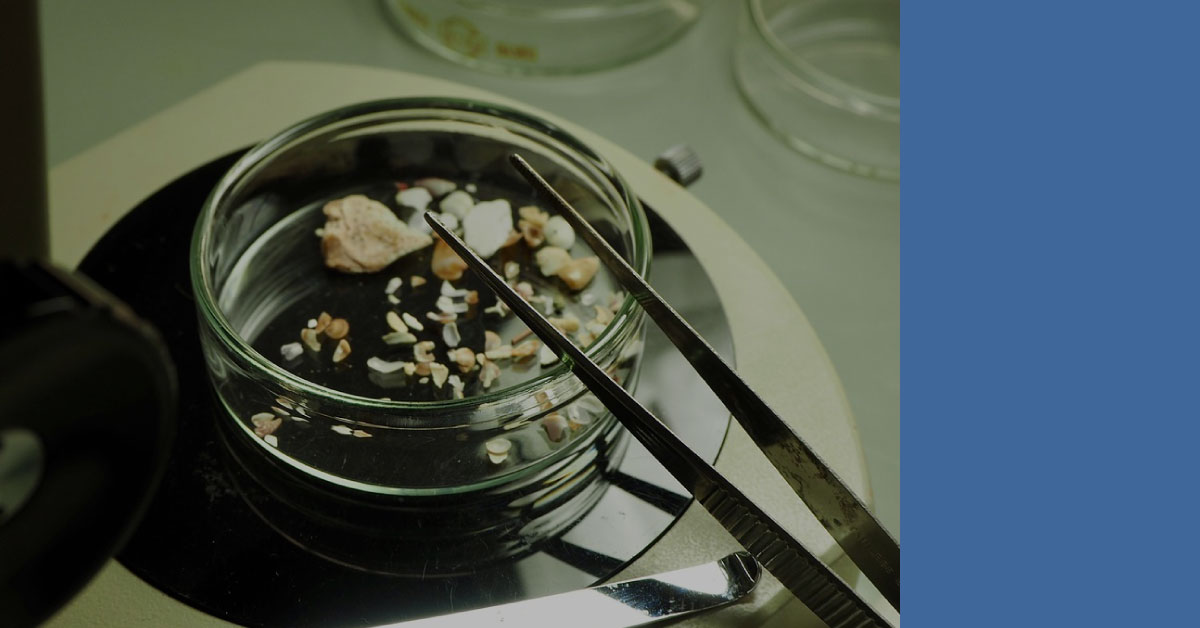- Award-Winning Medicine Application Support
- [email protected]
- +44 (0) 333 050 7764 (Mon-Fri 9AM-5PM)
If you’re in the initial stages of your Medicine application, you might have heard of the BMAT. BMAT stands for “Biomedical Admissions Test” and the clue is in the name – it is an exam you have to sit to be considered for entry into Medicine, Dentistry, or Biomedical Sciences at certain Universities.
In this section, you can find specific advice on each of the sections and how best to prepare for this exam.
BMAT Application Advice
Get ahead of the game today through our free BMAT resources sent directly to your mailbox, completely hassle-free.
Leave your email below for:
Only one click to go, we know you’re tempted…
Application Guide Menu
Application Guide Menu
Recent Posts
Section 3 of the BMAT is where the test really shows its differences from the other medicine admissions test, the UCAT. Unlike every other section of both exams, this section is NOT multiple choice but a short writing task.
Let’s see how you can prepare your writing skills in time for the big test!
Section 2 of the BMAT is made of questions covering Science and Mathematics. We have a look at the types of Physics questions you should expect to face.
This guide takes you through everything you need to know about the biology questions in Section 2 of the BMAT, along with a chance to practice your skills with some BMAT style questions and worked solutions!
If your child is thinking of applying to study Medicine, understanding the process will be important as a parent to allow you to best support your child.
In this article, we will go through the ins and outs of the BMAT Chemistry section, cover the entire specification, scoring of this section and do some worked practice questions together.
Section 2 of the BMAT is known for being the easiest section to prepare for, but also has the most content to learn and has the most time pressure in the exam. It is based on GCSE knowledge of Chemistry, Physics, Biology and Mathematics; however, in practice, they are much harder than GCSE level so don’t be tricked into thinking the BMAT will be easy.
If you’re in the initial stages of your Medicine application, you might have heard of the BMAT but may not be sure what this strange acronym means.
This guide will help demystify what you need to know about the BMAT (or indeed whether you even need to concern yourself with it at all) and help set you up on the road to preparing for and sitting the test successfully.
The BMAT specification changed in 2020, so if you are preparing for the Admissions Test it is important to know the differences to ensure you are practising the right content.
We’re often asked what makes a preparation course worth the cost. Let’s take a look at what you actually get and how these resources will benefit your application.
In April 2017, the Admissions Testing Service added an optional date for taking the BMAT. This year (2018), the optional date is Saturday 1 September 2018, so this famous day is known as “BMAT – September”. Check the official website for more information about it. And of course, our article…

Section 3 of the BMAT is where the test really shows its differences from the other medicine admissions test, the UCAT. Unlike every other section of both exams, this section is NOT multiple choice but a short writing task.
Let’s see how you can prepare your writing skills in time for the big test!

Section 2 of the BMAT is made of questions covering Science and Mathematics. We have a look at the types of Physics questions you should expect to face.

This guide takes you through everything you need to know about the biology questions in Section 2 of the BMAT, along with a chance to practice your skills with some BMAT style questions and worked solutions!

If your child is thinking of applying to study Medicine, understanding the process will be important as a parent to allow you to best support your child.

In this article, we will go through the ins and outs of the BMAT Chemistry section, cover the entire specification, scoring of this section and do some worked practice questions together.

Section 2 of the BMAT is known for being the easiest section to prepare for, but also has the most content to learn and has the most time pressure in the exam. It is based on GCSE knowledge of Chemistry, Physics, Biology and Mathematics; however, in practice, they are much harder than GCSE level so don’t be tricked into thinking the BMAT will be easy.

If you’re in the initial stages of your Medicine application, you might have heard of the BMAT but may not be sure what this strange acronym means.
This guide will help demystify what you need to know about the BMAT (or indeed whether you even need to concern yourself with it at all) and help set you up on the road to preparing for and sitting the test successfully.

The BMAT specification changed in 2020, so if you are preparing for the Admissions Test it is important to know the differences to ensure you are practising the right content.

We’re often asked what makes a preparation course worth the cost. Let’s take a look at what you actually get and how these resources will benefit your application.

In April 2017, the Admissions Testing Service added an optional date for taking the BMAT. This year (2018), the optional date is Saturday 1 September 2018, so this famous day is known as “BMAT – September”. Check the official website for more information about it. And of course, our article…
unlock infinite medical wisdom
Just leave your email in the box and you’ll receive weekly updates and the best tips for your medical application!
unlock infinite medical wisdom
Just leave your email in the box and you’ll receive weekly updates and the best tips for your medical application!
Pay with confidence
Pay with confidence